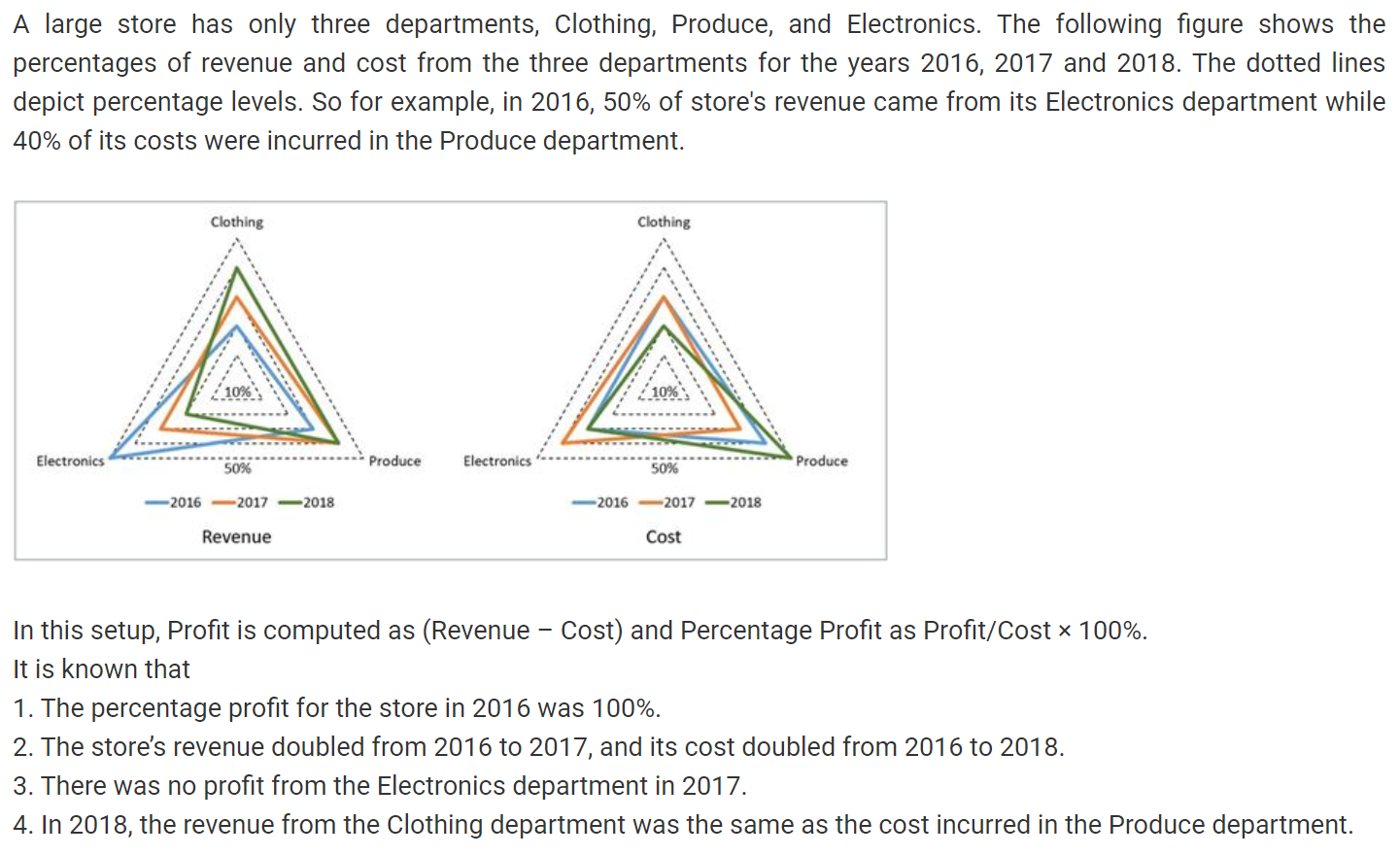LRDI is undoubtedly a
make-or-break section for a large number of candidates. In fact, the section had haunted me ever since I started preparing for CAT. This section is said to be a stronghold of engineers but was hardly so for me. Although I could solve some sets in an untimed environment, the one-hour timer during a mock was my worst enemy.
As you would expect, it turned out to be my Achilles’ heel in my first attempt to CAT in 2018. I was able to score a meagre
77.28%ile in the section (OA 97.2%ile). Since I couldn’t clear the sectional cut-off (it is 80 for most IIMs), I didn’t get any interview calls. However, the story got its “happily ever after” when I scored an unbelievable
99.45%ile in LRDI (OA 99.71%ile) in CAT 2019.
In the retrospect, I realized that in the first attempt, my quantitative preparation wasn’t lacking but what I was short of was a
qualitative approach to face the section.
The two kinds of preparations for LRDI
1.
Quantitative Preparation – Practicing different types of sets, good calculation speed.
2.
Qualitative Preparation – Choosing the right sets to attempt in the test, time management, assessing difficulty of the section.
I will not discuss the former form of prep here since there are already tons of resources to help you out with it. Let’s have a look at the latter, i.e. the qualitative preparation. Below are two sets from CAT 2019 Slot-2:
Set-1

Set-2
Choosing the right sets
A cursory reading of the sets will give you a feel of what holds ahead. The first set is data heavy and there is
very little scope of unknown variables. Graphs are clearly laid and any consequent questions can easily be
solved by applying the formulas given as part of the question itself. The second set on the other hand, apart from being very verbose, also doles out a lot of
conditional information. The solution will require you to arrive at logical conclusions based on further analysis.
My question to you is, which one will you pick to solve first? I hope your answer is set-1. Because it’s important to understand that
solving each set is going to fetch you the same 12 marks in the best case. So why slog to win those marks when you can get them with the easier set!
I suggest
reading all 8 sets and accompanying questions in the first 7-10 minutes and deciding which sets to give a shot in the subsequent one-hour. Whether to consider a set doable will require you to judge its
familiarity and difficulty level based on your previous practice. Some would call this wasting precious 10/60 minutes in the section. But if done right, these 10 minutes are guaranteed to give you an enhanced return from the next 50/60 minutes in the section.
Time Management
LRDI has the inherent talent of making time stop for the test taker. You’ll keep circling in your web of formulas, tables and diagrams to find that you’ve spent 20 minutes on nothing.
Keeping an eye on the timer every 10-15 minutes is a good idea. If you
can’t make any progress with a set in 5 minutes, even if you had marked it as a doable set before, leave it. Forgive your misjudgement, keep Ego Uncle aside and
move on!
Assessing the difficulty of a section
Essentially, this is something that would be covered in the first 10-12 minutes when you are marking the doable sets. However, I chose to list this down as a separate section to highlight, that in my opinion, CAT is
not about excelling in all sections but about
excelling in any one and
being reasonably good at the other two sections.
Quantitative Ability (QA) was my strength. It came naturally to me and I knew that, that’s from where the bulk of my score would arrive. For you VARC or maybe LRDI could be that one section. The point here is that you must
know your strength and weaknesses before going for the battle.
So, in my case, my aim in LRDI was to score a safe 85-90%ile so that I could breeze through the sectional cut-off. It is important to assess the difficulty of the section for it will decide
how many sets need to be gotten right to reach the goal. For a section that I know I’m weak at I’ll try to
maximize the attempts on the easiest questions and keep
accuracy >90%. Trust me, if you’ve practised enough there is no way in hell, you’d not be able to crack 3/8 sets in CAT (provided you follow the 3 steps discussed here). Have a look at the score v/s sectional percentile for CAT LRDI section over the years.
There hasn’t been a major change in the marks v/s percentile trend over the last 3-4 years. This is because LRDI has been in the
medium-difficult range all these years. If CAT 2020 were to have an easier LRDI section, you can anticipate the 90th percentile at higher marks, about the score of completely solving 3 sets instead of the usual 2/2.5 sets.
The more you hone both your qualitative and quantitative aspects of practice, the higher returns you will get and who knows, your Achilles’ heel might actually end up being your strength, like it turned out for me! :)
That’ll be all from my side.
All the best to all CAT aspirants!



